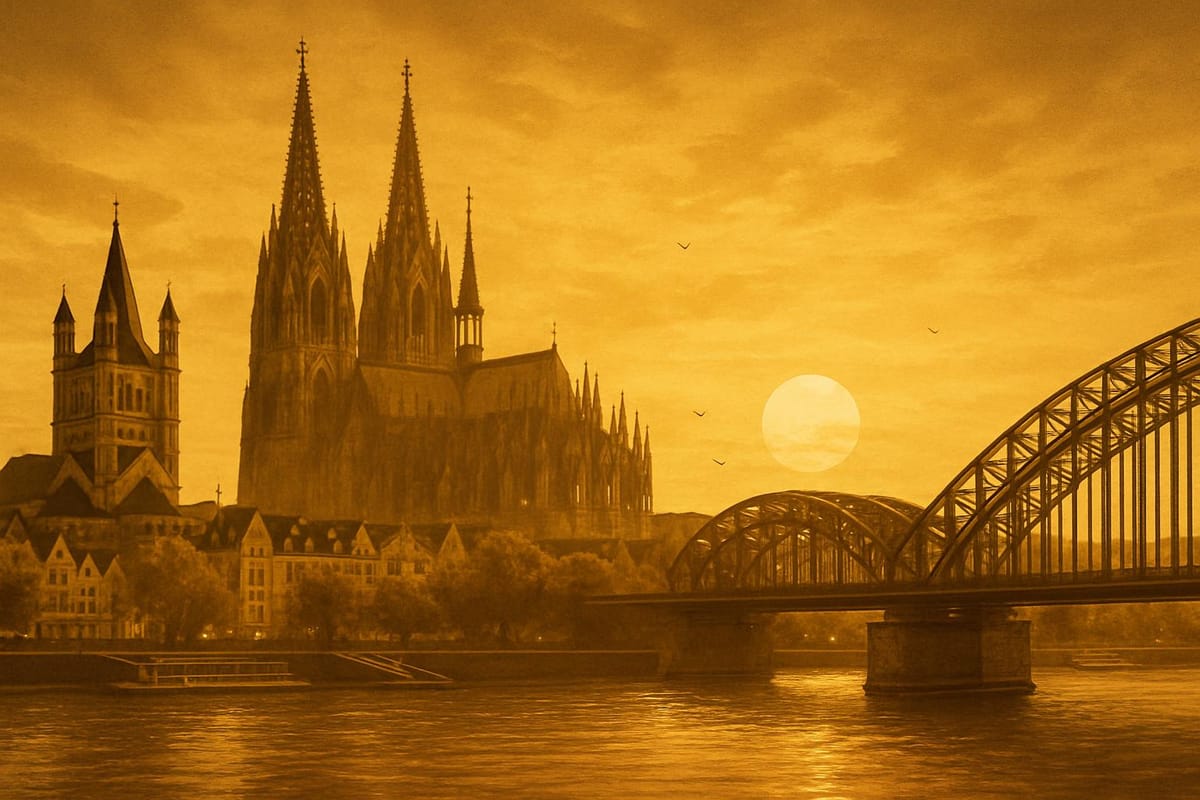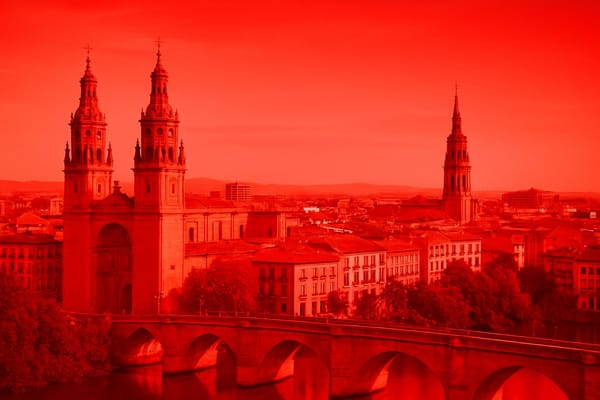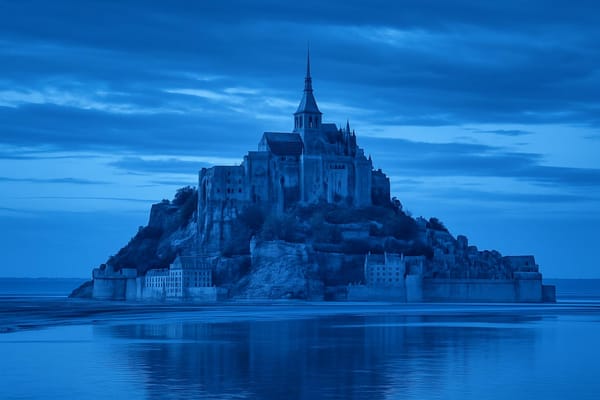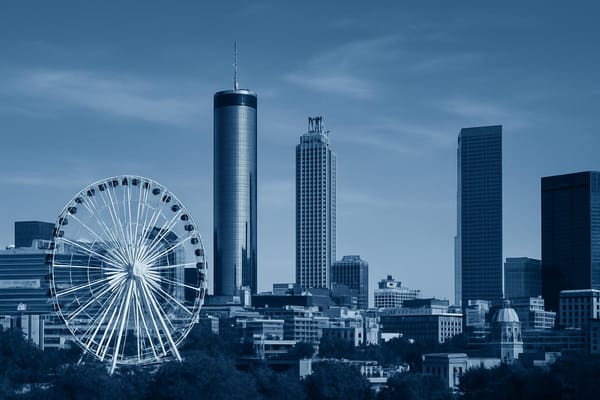Cologne
Discover a towering Gothic cathedral, Rhine cruises, vibrant Old Town, museums & chocolate delights

Important things to know about Cologne
Cologne (Köln) in Germany is a dynamic urban center where history and modern life intertwine along the Rhine, creating a cityscape that feels both timeless and forward-looking; its streets hum with a mix of students, creatives, professionals and long-time residents, resulting in a distinctly multicultural atmosphere reflected in diverse neighborhoods, culinary offerings and everyday street life. As a major media hub and commercial center, Cologne balances a strong economy with a vibrant cultural scene, supported by a large university population and numerous startups that feed into local innovation and research networks. Public transport is efficient and well-connected, making commuting across districts and to surrounding regions straightforward, while the riverfront and inner-city quarters host lively cafes, independent shops and markets that shape the city’s local character. Food and beverage culture is an integral part of social life, with neighborhood taverns, modern eateries and community events emphasizing regional flavors like Kölsch alongside international cuisine. Architectural variety ranges from preserved historic facades to contemporary developments, reflecting periods of rebuilding and renewal that have defined Cologne’s urban evolution. The rhythm of daily life here is punctuated by seasonal markets, university rhythms and a strong civic identity rooted in local traditions, creative industries and cross-border trade. For anyone researching urban lifestyles, business opportunities or cultural studies in Germany, Cologne offers rich material: a resilient, cosmopolitan city where tradition, innovation and everyday life converge to form a compelling metropolitan experience.
Sightseeing hot-spots in Cologne
Cologne, Germany unfolds its history and charisma around the towering silhouette of the Cologne Cathedral-the Kölner Dom-whose twin spires dominate the skyline and welcome visitors from the riverbanks. This Gothic masterpiece is a must-see for anyone planning sightseeing in Cologne, offering richly decorated interiors, centuries of art, and the chance to climb for panoramic views over the city and the Rhine River. Nearby, the bustling main station and the vibrant Old Town invite leisurely strolls among narrow streets, historic houses and cozy taverns where the local Kölsch beer is poured in small, bright glasses.
A short walk across the popular Hohenzollern Bridge-famed for thousands of love locks-connects the cathedral area to riverside promenades and modern cultural attractions. Art lovers seeking Cologne sightseeing highlights will find treasures in the Ludwig Museum’s contemporary collections, while history enthusiasts can explore the Roman-Germanic Museum and its archaeological finds. Families and foodies are drawn to the Chocolate Museum, where interactive exhibits trace the origins of chocolate and offer sweet tastings. Along the Rhine, river cruises, scenic sunsets and lively markets create endless photo opportunities and memorable moments.
Practical for visitors, Cologne’s compact layout makes it easy to combine top sights in a single day or spread discoveries across a longer stay, so those who visit Cologne can tailor experiences from museum-hopping to relaxing on a terrace by the water. Seasonal events like the Carnival and the atmospheric Christmas markets add extra reasons to plan a trip, while efficient public transport and pedestrian-friendly neighborhoods help you maximize your time. Whether you search for cultural depth, historic architecture or simply the best spots to enjoy Cologne’s riverside charm, these highlights capture why the city remains a top destination in Germany.
Hotels to enjoy in Cologne
Cologne is a vibrant, historic city where hotels in Cologne range from elegant riverside properties to cozy guesthouses tucked into the cobblestone streets of the Old Town. Whether you arrive to admire the iconic Cologne Cathedral or to stroll along the Rhine, the right Cologne hotel places you within easy reach of the city’s top attractions, dining and nightlife. Many travelers prioritize proximity to Köln Hauptbahnhof and the airport for seamless connections, while others seek accommodations close to the Messe for trade fairs and conferences. With a mix of modern business hotels and charming boutique stays, visitors can find rooms tailored to solo adventurers, couples and families alike.
Choosing the ideal accommodation in Cologne means balancing budget, comfort and location-options labeled luxury deliver spa services and panoramic river views, while budget hotels focus on clean, efficient rooms and convenient transit links. For travelers who value personality, boutique properties offer curated design and local flavor, while family-friendly hotels provide larger rooms and child-focused amenities. Business travelers benefit from strong Wi-Fi and meeting facilities geared toward business travel, and virtually every hotel leverages Cologne’s excellent public transport network for quick access to events, museums and seasonal highlights like the Christmas market. Planning ahead for major events often secures the best rates and ensures a comfortable stay in one of Germany’s most dynamic cities.
Restaurants to try in Cologne
Cologne is a city where Cologne restaurants blend historic charm with modern flair, offering a culinary map as varied as the neighborhoods along the Rhein. From cozy taverns in the Altstadt serving hearty local specialties to elegant establishments in the Belgian Quarter and riverside bistros with panoramic views, dining in Cologne, Germany highlights both tradition and innovation. Visitors seeking authentic flavors will find plates paired with the region’s signature Kölsch beer, while food lovers curious for variety can explore French-influenced bistros, Asian fusion kitchens, and vibrant vegan spots. The city’s restaurant scene emphasizes seasonality and local producers, so menus change with the market and chefs often reinterpret classic Rhineland dishes with contemporary techniques, making every meal a discovery of texture and taste.
Choosing where to eat in Cologne is both a practical and sensory decision: proximity to landmarks like the cathedral often leads to tourist-oriented menus, whereas smaller side streets hide neighborhood gems favored by locals. For an unforgettable evening, look for places that balance warm service with a thoughtful wine list or craft beer selection; these elements enhance the culinary experience and are widely celebrated in reviews and travel guides. Food festivals and monthly markets also spotlight the best of Cologne’s gastronomy, encouraging visitors to sample street food, artisanal cheeses, and seasonal desserts. Whether you’re searching for fine dining, casual dining, or a late-night snack after exploring the city, the restaurants of Cologne deliver a memorable taste of German hospitality and international creativity.
Best shopping stops in Cologne
Cologne's shopping highlights begin where history meets modern retail: along Schildergasse and Hohe Straße, two of the busiest pedestrian arteries in the city that funnel into the shadow of the Kölner Dom. Here you'll find a mix of international chains and German department stores, as well as large shopping centers that cater to everyday needs and impulse buys. For visitors seeking more curated experiences, the Belgian Quarter and Ehrenstraße offer a string of independent boutiques, concept stores and designer ateliers, where fashion-forward locals hunt for seasonal pieces. The riverfront and side streets also reveal specialty shops stocking Cologne classics like eau de cologne, handmade chocolates and local crafts-perfect for memorable souvenirs-and the city's lively markets add a vibrant, local touch to any retail outing.
Beyond mainstream malls and high-street names, Cologne shines for its diversity of retail scenes: from sleek luxury showrooms to quirky vintage and secondhand stores tucked into the Südstadt and Belgian Quarter. Seasonal draws such as the Christmas markets near the cathedral turn the shopping experience into a festive exploration of local gastronomy and artisanal gifts. Practical tips for a smoother day of shopping include timing visits to avoid midday crowds on weekends and checking for extended late-night shopping days in central districts. Whether you favor designer labels, unique local brands, or atmospheric seasonal markets, Cologne combines convenience, culture and character into a memorable retail adventure.
Nightlife highlights in Cologne
Cologne's nightlife pulses along the banks of the Rhine, where the Altstadt's historic lanes meet modern bars and lively beer halls. From cozy taverns pouring genuine Kölsch to elegant cocktail bars with river views, the city offers a varied evening scene that satisfies both locals and visitors searching for the best bars in Cologne. Stroll the Rheinpromenade at dusk to watch lights glitter across the water, then duck into a traditional brewery or a hip wine bar in the Friesenviertel - every corner reveals a different facet of Cologne nightlife. Nighttime also brings food markets and late-night street food stalls, perfect for pairing with a cold Kölsch after a concert or gallery opening.
For those chasing energy and beats, the clubs in Cologne range from underground techno rooms to high-energy dance halls and live-music venues that showcase jazz, indie and punk. The Belgisches Viertel and Ehrenfeld neighborhoods are known as hotspots for creative crowds and late-night culture, with intimate venues, rooftop terraces and famous superclubs like Bootshaus drawing international DJs. Whether you’re compiling a travel guide for things to do at night in Cologne or planning a weekend, the city's mix of historic ambiance, contemporary music scenes and endless bar choices makes Cologne a top European destination for unforgettable nights.
Getting around in Cologne
Cologne is well served both by air and rail, with Cologne Bonn Airport (CGN) offering a compact international gateway located a short drive from the city and frequent S‑Bahn connections that make the transfer to Köln Hauptbahnhof quick and convenient; travelers will find regular S13/S19 services and regional trains linking the airport to the city center in around 15–20 minutes while taxis and shuttle buses provide flexible last‑mile options. At the heart of the city, Köln Hauptbahnhof doubles as a major rail hub where fast ICE and intercity trains connect Cologne to Frankfurt, Berlin, Munich and neighboring Benelux destinations, complemented by dense regional and S‑Bahn networks for short trips to Bonn, Düsseldorf and Aachen. The integrated ticketing system and frequent schedules make transfers between long‑distance services and the local Stadtbahn or buses straightforward, enhancing overall connectivity for business and leisure visitors. For visitors prioritizing convenience, the proximity of the central station to the iconic Kölner Dom simplifies sightseeing straight from the train, while airport car rentals and baggage services at CGN add further flexibility-together creating a reliable transport ecosystem that supports seamless arrivals, departures and day trips across the Rhine‑Ruhr region.
Culture must-see's in Cologne
Cologne is a vibrant European city whose culture highlights draw visitors from around the world to Cologne Cathedral (Kölner Dom), a soaring UNESCO World Heritage site that dominates the skyline and anchors the atmospheric Old Town along the Rhine. The city's museums are pivotal to its cultural identity: the Ludwig Museum houses one of Europe’s finest collections of modern art including major Picasso works, while the Roman-Germanic Museum celebrates Cologne’s ancient roots with impressive Roman artifacts. Contemporary creativity thrives alongside history in galleries and public art, and family-friendly attractions like the Chocolate Museum offer playful insights into culinary heritage. Walking the waterfront or crossing the Hohenzollern Bridge to see the countless love locks, visitors experience how Cologne blends architectural grandeur, archaeological depth, and dynamic urban life into a compact cultural itinerary.
Beyond monuments and museums, Cologne’s living traditions are just as compelling, with the Cologne Carnival standing out as a world-famous explosion of color, music, and street parties that transform the city each year. Nightlife and performing arts flourish in theaters, concert halls, and independent venues where local bands and orchestras perform alongside international acts. No visit is complete without sampling Kölsch, the region’s light beer served in slender glasses at friendly taverns, or strolling the festive Cologne Christmas markets that light up winter evenings. From seasonal celebrations to year-round exhibitions, the culture highlights of Cologne offer a rich mix of history, art, music, and convivial gastronomy that keeps both first-time visitors and returning travelers enchanted.
History of Cologne
Cologne's long and layered past begins with its Roman roots as the Roman Colonia Claudia Ara Agrippinensium, founded in the first century AD on the banks of the Rhine. Archaeological remains of Roman walls, an amphitheater and mosaic floors still surface in modern Köln, reminding visitors that the history of Cologne stretches back nearly two millennia. During the Middle Ages the city grew into a major commercial and ecclesiastical center, dominated by powerful archbishops and wealthy merchant guilds; merchants from across Europe converged on Cologne’s fairs and river trade, establishing the city as a fulcrum of medieval commerce. Construction of the Cologne Cathedral - the monumental Kölner Dom whose Gothic spires would later become the city's emblem - began in 1248 and symbolized both religious devotion and civic pride. The founding of the University of Cologne in 1388 further anchored the city as a center of learning and culture, and over centuries Cologne’s urban fabric absorbed Roman, medieval and early modern influences that shaped its identity as Cologne, Germany.
The modern chapter of the history of Cologne is marked by industrial growth in the 19th century, cultural flourishing and profound wartime rupture: heavy bombing during World War II destroyed much of the historic core and left large parts of the city in ruins. The postwar era became a story of determined reconstruction, heritage debates and selective restoration, culminating in the completion and renewed reverence for landmarks like the Cologne Cathedral, which was later recognized as a UNESCO World Heritage Site. Today Cologne balances robust economic functions - from one of Europe’s busiest inland ports on the Rhine to media, trade fairs and vibrant startups - with rich cultural life: museums, the famous Carnival, music, and creative industries draw tourists and scholars alike. The enduring appeal of Cologne Germany lies in its visible layers of time, where Roman foundations meet Gothic pinnacles and modern urban energy, making the city an essential destination for anyone exploring German history, architecture and Rhine Valley culture.



